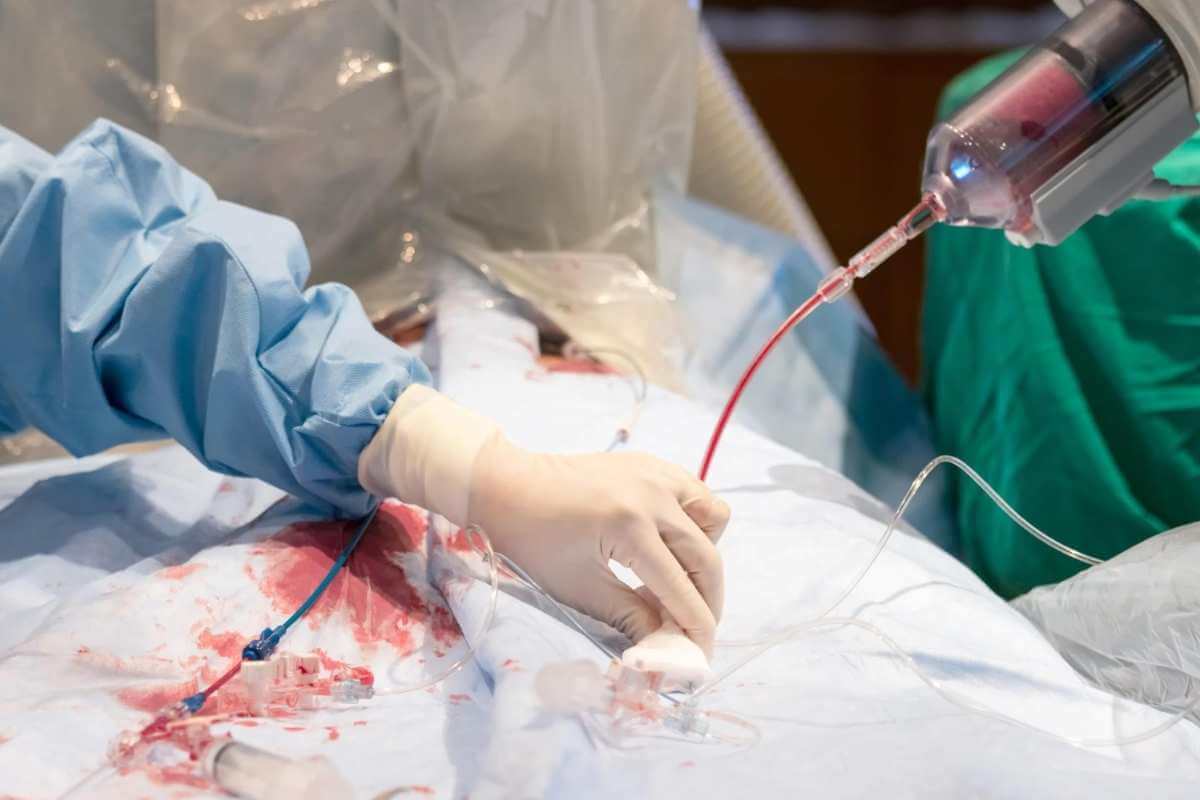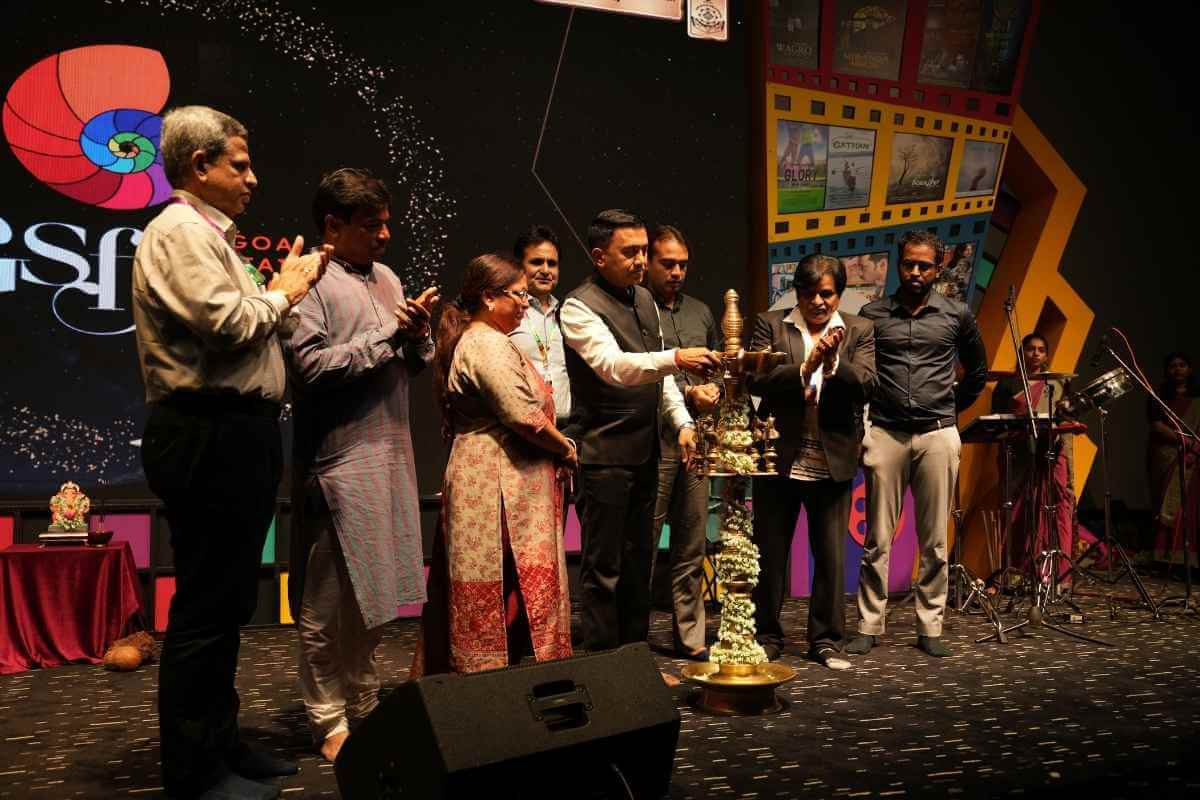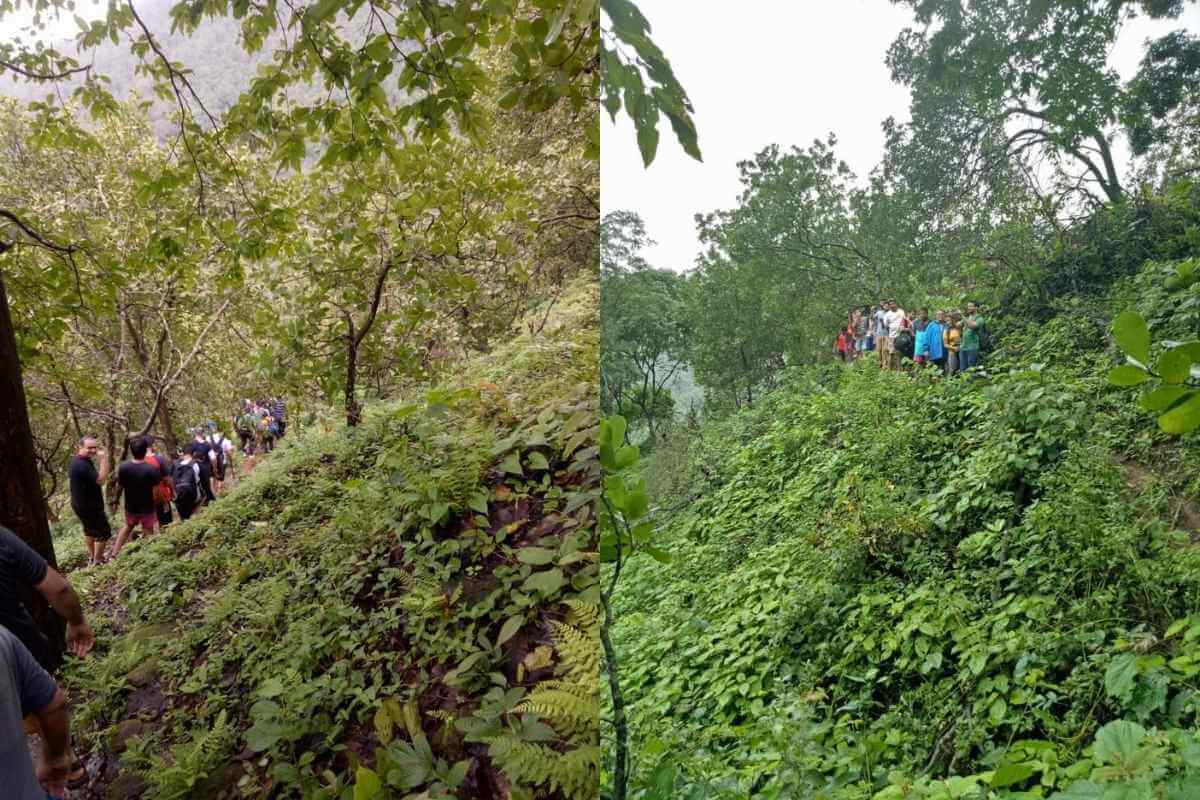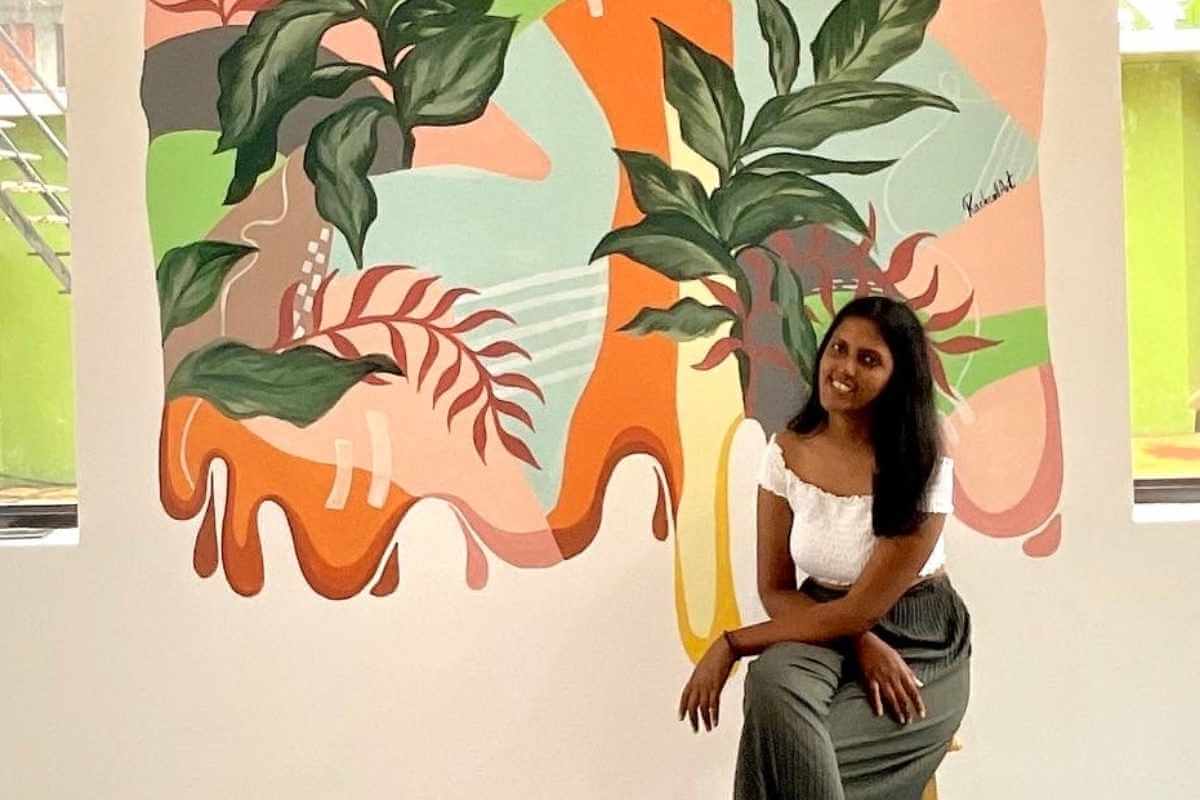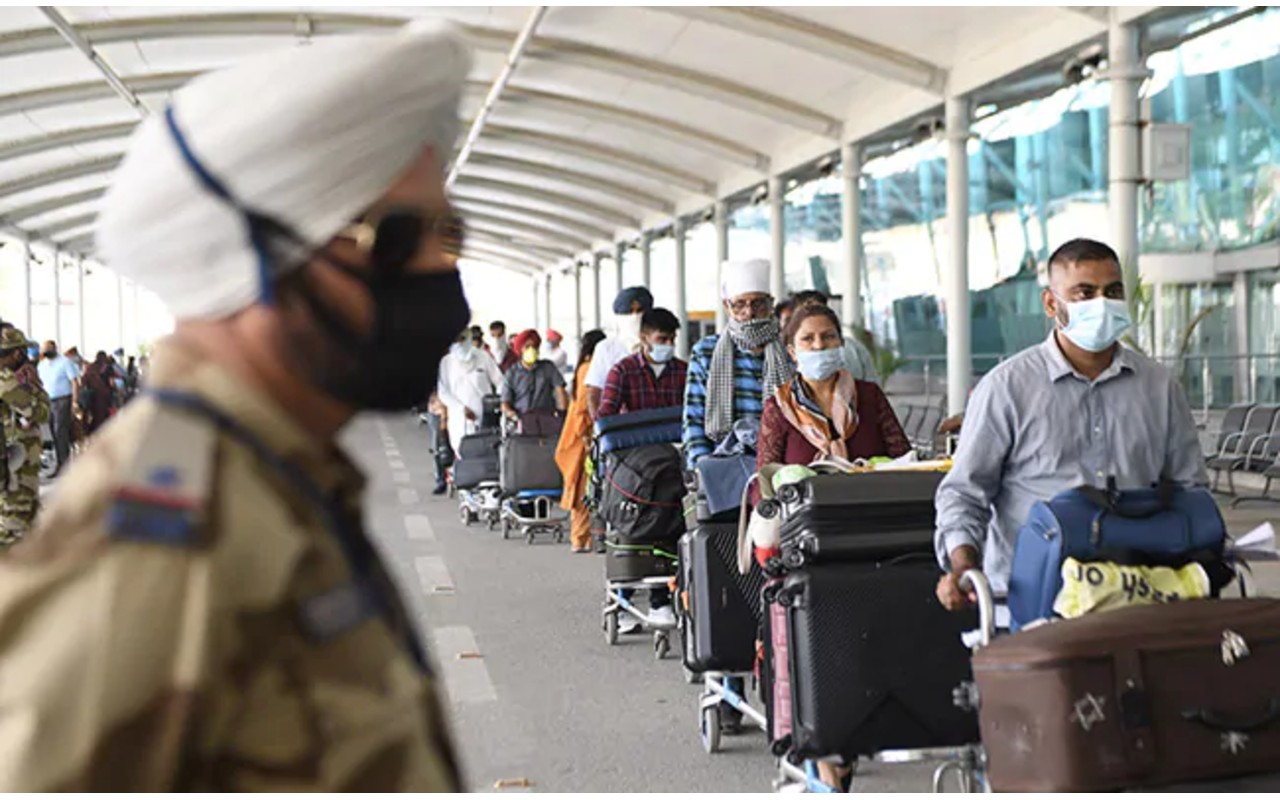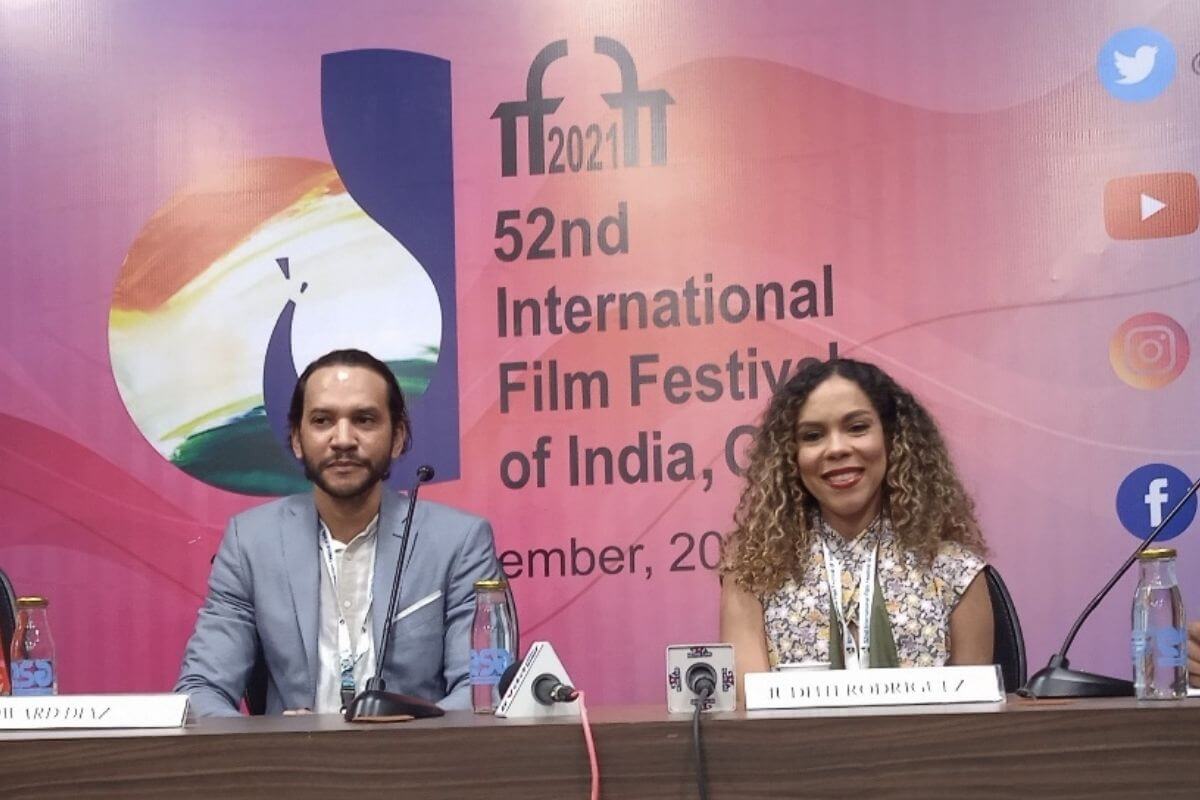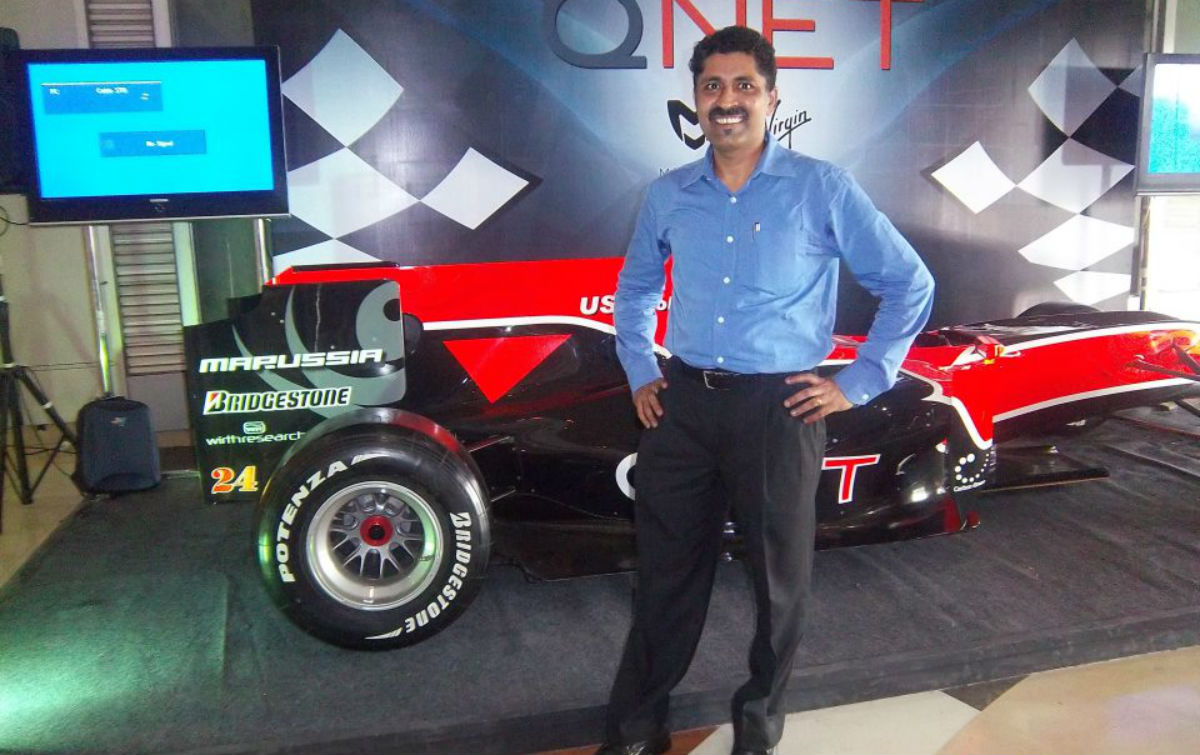Jaspreet Rai,53, who moved to Endicott, New York – the birthplace of IBM – from Punjab, in India, is the founder of Sanrai International, a provider of oxygen concentrators. With India now the epicenter of the pandemic, counting about 3,500 Covid-19 deaths daily, and oxygen supplies running out, Rai has rushed to help her former homeland cope with its worst crisis in recent history.
“This is probably the hardest time they’re going through,” Rai said of her 100-strong staff on the ground, who will supply 30,000 units across India in May, several times the 1,500 Sanrai normally provides in a year. “When you don’t have the equipment, and you’re trying to hold people, and they’re gasping, literally gasping for air. And you’re like, look, I’ve sold my last unit, I have to wait until the next stock comes in.”
Cases of the coronavirus have exploded in India in recent weeks, up to nearly 400,000 a day, surpassing all records and still rising. As they have, so, too, has the collective grief and anxiety among the huge Indian diaspora, over loved ones lost or fighting for their lives amid a healthcare system pushed past the brink.
Some 17 million people from India were living outside their homeland in 2020, according to figures from the United Nations, and millions more have Indian heritage, making the diaspora the largest in the world. In the United States, some 4.8 million people were either born in India or reported Indian ancestry on the last census.
Millions of Indians spread across the globe – one of the world’s largest diasporas – are trying to do what they can to help their country of origin as heart-wrenching images of people lining up for oxygen cylinders, waiting outside hospitals for a bed or huddling around funeral pyres flash across their screens. Some have been unable to do anything to save family members who have succumbed to the disease.
Recently India was added to Britain’s travel “red list”, halting nearly all direct flights and imposing an expensive and mandatory 10-day hotel quarantine for the few citizens and residents who are allowed in. And on Friday, the United States said it would start restricting travel from India beginning next week.
The restrictions, steep costs, job commitments, and a fear of contracting the virus have left many unable to travel. As cases of the coronavirus continue to rise, many described painful conversations with friends and relatives at home, and a feeling of helplessness as they watched the horrors unfold half a world away.
As Indians the world over have sought frantically to help sick relatives, London has emerged as an epicenter for Covid relief efforts from the diaspora. Many are organizing in the face of a seemingly impossible situation, pooling money to buy oxygen concentrators, connecting those in need of care with doctors, and using community networks to share resources. Deliveries of aid collected by the diaspora are beginning to arrive in India, alongside government relief from Britain, the United States, Germany, and Australia among others.
“I speak to my mom almost every day,” said Ansh Sachdeva, 23, a student at Bolton University in northwest England. “But every time I’m calling, someone has died. Someone has got Covid.” He says that on the street in New Delhi where his parents live, no house has been untouched. He traveled home in November to help care for his parents and grandfather who had contracted the virus. But now he worries that they could fall ill again, and the new travel restrictions would make it impossible for him to get there.
With Britain’s large Indian diaspora estimated to number over 1.5 million people — the single largest ethnic minority population in the country, for many, the loss, anxiety or grief they are experiencing as family members became ill in recent weeks are compounding what was already a difficult year, and just as Britain is emerging from lockdown and hopeful about crushing the virus.
Harmeet Gill, 31, was born and raised in London, but his parents are from India’s northern Punjab state, and they remain extremely close with extended family there. On Monday his uncle died from the coronavirus. His aunt was hospitalized on Thursday. In pre-pandemic times, his family would all have traveled to India to mourn his uncle, a patriarch of a tight-knit Sikh family. Mr. Gill, who volunteers at a Sikh temple in the London neighborhood of Southall, has seen the impact of the outbreak in India ripple through his community, noting “the sheer scale of it means we all have become a bit numb to it now.”
Indian doctors living abroad have also been providing medical expertise and advice to dozens of friends and family members. Many wake early to go through dozens of messages asking for help, and some even provide video consultations. Rajesh Hembrom, 43, originally from Bhagalpur in India’s Bihar State, has lived and worked as a doctor in Britain since 2003. His wife is also a frontline health care worker.
At the moment, he is advising around 30 people by phone, he said, helping to manage their care or offering any insights that he can. Some of the people he was trying to help have died. “There are no proper helplines where they can call so they end up clutching at straws, and they know me, so obviously they contact me,” he said.
Singapore-based start-up consultant Saurya Velagapudi hasn’t lived in India since he was eight years old when he and his family emigrated for a new life in the United States. But the 32-year-old says he’s still closely connected to the country, which is why he’s pledged his life savings to fund the relief mission in India. Mr. Velagapudi is donating $5,000 a day until his savings run out to various aid missions in India, including AID India. “I don’t care if I go bankrupt,” Mr. Velagapudi said. “People need to understand how dire the situation is.”
Devika Mehndiratta is an Indian economist living in Singapore. This week she has had to deal with the deaths of two loved ones in her extended family back home in India. She thinks the Indian central government’s lack of planning and its lax attitude is to blame for the severity of the second wave of rising Covid deaths. “This isn’t just about the number of cases increasing,” she said. “It is about people dying because of a lack of something as basic as oxygen”.
She added that the central government chose to focus on gathering crowds at massive rallies to win the West Bengal election, and turned a blind eye to risky religious events such as the Kumbh Mela instead of paying attention to red flags as early as February on oxygen shortages at hospitals. “People have literally been left to fend for themselves to stay alive. That’s why the private sector has had to step up.”
Indian-born billionaires and executives are also piling in with help. Tech investor Vinod Khosla tweeted that he’s willing to send supplies by the “planeload.” Google, headed by Sundar Pichai, promised $18 million in cash assistance to victims’ families and medical equipment. Microsoft Corp., led by CEO Satya Nadella, pledged to draw on the company’s network to provide essential supplies.
The charitable foundation of U.K.-based billionaire brothers Mohsin and Zuber Issa, who bought supermarket chain Asda, donated 2.5 million pounds ($3.5 million) to four hospitals in the western Indian state of Gujarat, from where their family hails.
Steel magnate Lakshmi Mittal and Karan Bilimoria helped draw support from companies as the first Indian head of the Confederation of British Industry. “We are focused on getting this help that is desperately needed as quickly as possible,” said Bilimoria, whose company produces Cobra beer, a staple of Indian restaurants in the U.K. Air Liquide SA, the French gas supplier that helps create the bubbles in Bilimoria’s beer, has pledged its oxygen production in India to support Covid patients. Mittal’s Indian operations are providing 210 metric tons of liquid oxygen a day. “Helping the people of India means helping India, and that’s crucial for the entire world,” he said in an emailed statement.
Meanwhile, Monta Vista’s Shukla said he and 60 other influential Indians lobbied to convince the Joe Biden administration to free up vaccine supplies and steroids. The U.S. has decided to start shipping drugs like AstraZeneca’s vaccine and Remdesivir to India. “There’s only so many oxygen concentrators available in the market,” said Jitesh Gadhia, a British politician and a trustee of the British Asian Trust who has helped lead the U.K. government’s response and engagement with suppliers. “I am concerned that so many people trying to buy a limited stock will just raise prices. What we need is more supply.”
In addition to these overseas Indian millionaires, domestic firms based in India have also sought to provide their help for the country. India’s leading private steel firm JSW Group is lowering the production of steel at its plants so it can divert oxygen supplies to patients. The company said that it was building large Covid centers on an emergency basis around its plants, where JSW is laying a dedicated pipeline to supply oxygen directly to the patients.
Many other firms like the Tata Group, Reliance, and Delivery have also stepped in the fight. This has to be a global effort. “ If you let India go through this alone, you are going to let the virus come back to bite you”.






